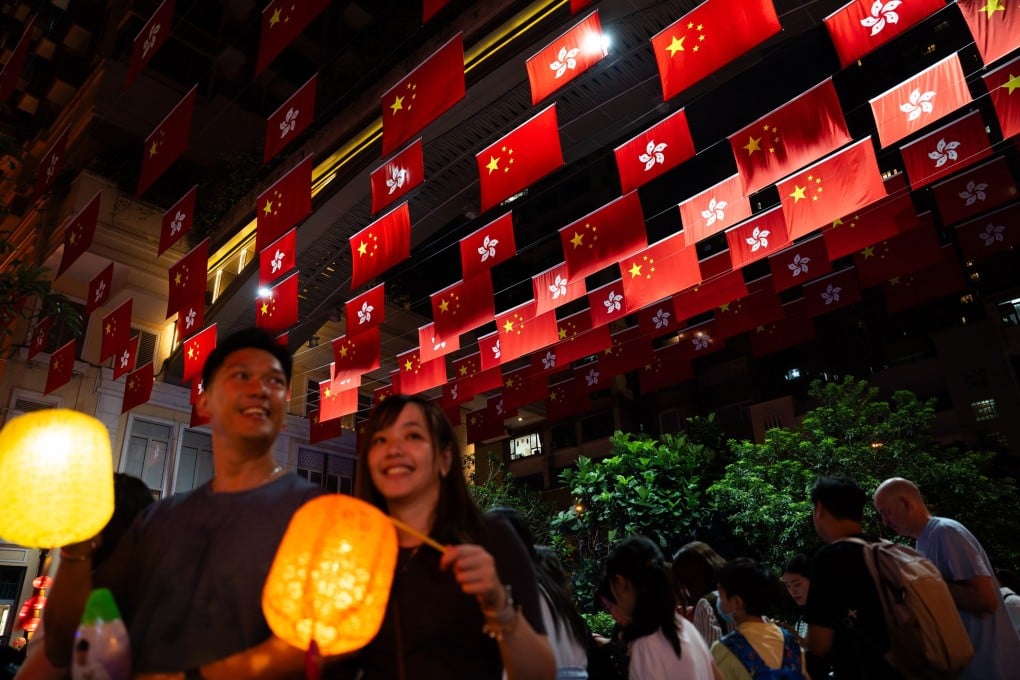Opinion | Why Western hype about Hong Kong losing its high degree of autonomy rings hollow
- A report on Hong Kong by the Centre for Strategic and International Studies does not appreciate fundamental pillars set out in the Basic Law
- The city is still governed by Hongkongers, maintains judicial independence and has an international identity under the umbrella of China

It reaches the same conclusion as other such studies and reports issued by US and UK think tanks in recent years: the Chinese government has “significantly eroded Hong Kong’s ‘high degree of autonomy’”. While it contains less over-the-top political rhetoric than the others, it nevertheless exhibits the same lack of appreciation of the issues at heart, which makes it a truly disappointing read.
Measuring Hong Kong’s high degree of autonomy without understanding its limits is tantamount to commenting on the US constitution, without reference to the amendments, particularly the first amendment.
If, for the sake of argument, the rights of Hongkongers had been somewhat restricted by the national security laws, such limitations would be in line with both the International Covenant on Civil and Political Rights and the Basic Law. Thus, one cannot call it an erosion. If there has never been a right to violate national security, it follows that there can never be an erosion of such a right.
